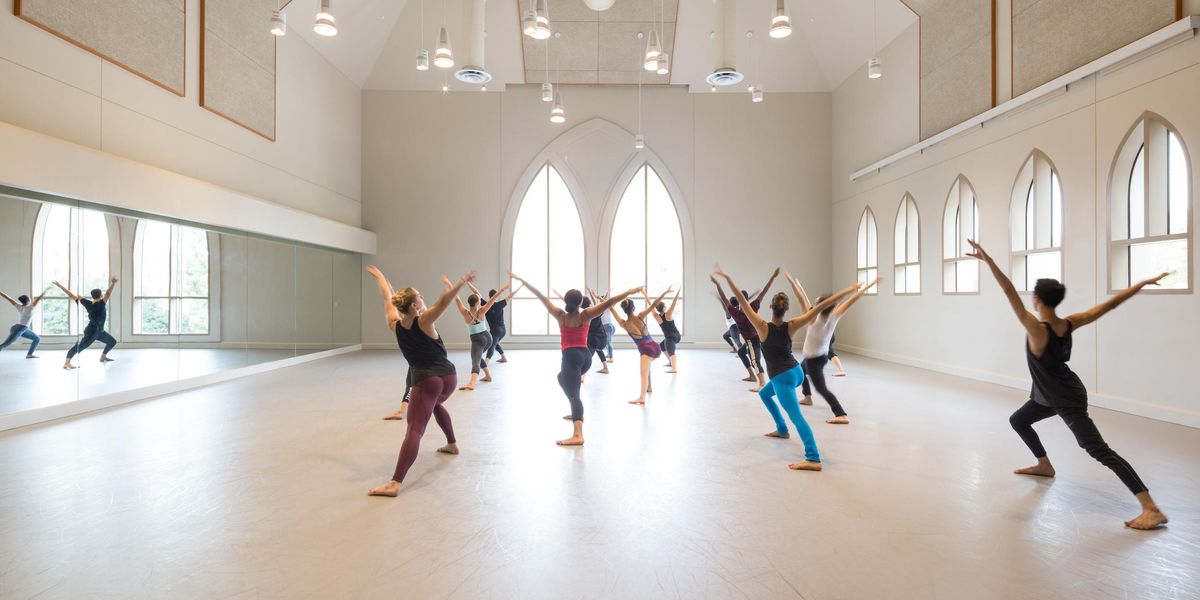How to Avoid—and Escape—Nightmare Dance Jobs
After working as a freelance dancer for five years in New York City, Ryan Lawrence moved to Berlin where an exciting opportunity awaited him. But the job quickly turned into a nightmare. He pushed himself through grueling 12-hour rehearsal days, striving to master a new technique. But he remained on the sidelines. After six weeks, Lawrence began to wonder if he was not getting cast because he did not share the same shaved-head look of the other men. “I talked with some company members and decided that maybe it was my hair that was keeping me back, so I went home and shaved my longish blond hair to try to fit in,” remembers Lawrence. “The next morning, a woman I had never met called me to say that I would no longer be needed.”
Many young dancers find themselves in compromising situations as they begin their careers. While some involve misunderstandings that become funny over the years, other bad situations—including public weigh-ins, sexual misconduct and unpaid overtime—can be so damaging to the spirit or the body as to end a career. There may not be a completely foolproof way to avoid a nightmare job, but there are steps you can take to protect yourself and learn what will be expected of you before signing on the dotted line.
Do Your Research
Melissa Lowe, one of Lawrence’s professors at the University of Arizona, where he earned a BFA in dance, was appalled but not surprised to hear about his experience. “When you take unusual jobs, or jobs where you don’t know so much about the company, you don’t really know what drives them,” says Lowe. Talk to the unpaid apprentices or young corps members who have been through the process and ask them what the job is like day to day. If you don’t know anyone in the company yet, maybe you have friends in common on social media who can broker an introduction. While their experience may differ from yours, they can offer an insider’s insight.
Read the Fine Print
One experienced freelance dancer in Colorado recently took on a project with a contemporary ballet company, excited that the weekend rehearsals would allow it to fit into her schedule. A few weekends in, though, she began to have second thoughts. “We rehearsed for four to five hours at a time, and would go long stretches without breaks—not even fives to run to the restroom,” she explains. “Even though I asked a number of times, we did not receive our contracts until two months into the project. Tech week felt chaotic and did not prepare us for opening night. Nearly every technical thing that could go wrong did.” Make sure you’ve seen a contract before the first rehearsal, as it should make clear the expectations and hours. If the request is not granted, you may have cause to reconsider your involvement.
Mind Your Training
Determining what your training base will be—whether a ballet class, self warm-up at the gym or nothing at all—is essential. “In addition to length of season, pay scale and repertoire, one of the biggest questions dancers should have is ‘What does the daily schedule feel like?’ ” advises Lowe. If the repertoire is outside of your comfort zone, you may need to find ways to supplement that training in order to be prepared for rehearsal. “Class is the vitamin pill we take. It is meant to strengthen and diagnose potential injuries, and it has to be something that works well for you,” says Lowe.
Keep It Professional
When Kelly Hui took an apprenticeship with a non-union company, she found herself faced with an erratic rehearsal schedule as well as the surprise of being given janitorial duties. “It was never in our contract nor did we get paid for it,” she says. This was compounded with further humiliations, such as weigh-ins. “We had to wait in a line like cattle and go on the scale in front of everyone,” she remembers. “Those who were deemed okay got a certain color paper, and the others got a different color and were given two weeks to lose weight.” If you are bombarded with grossly unprofessional tasks unrelated to dancing, you might need to break your contract.
Don’t feel like you have to ride out a bad situation in order to have a career. Rather than sustaining an injury or becoming disillusioned, it may be better to walk away, keep training and look for the next opportunity with your head held high. Hui, who now dances with modern company The Stone Dance Collective, learned to weigh all the options more carefully when making a career move. After some soul searching, Lawrence’s career path has morphed from dancer to decorator for print and screen projects. Now that he is no longer dependent on dance jobs for survival, he is looking forward to moving back to Arizona and incorporating dance work into his life. “You can’t prevent yourself from getting bad jobs,” he says. “It’s what you do after to save yourself that is important.”




